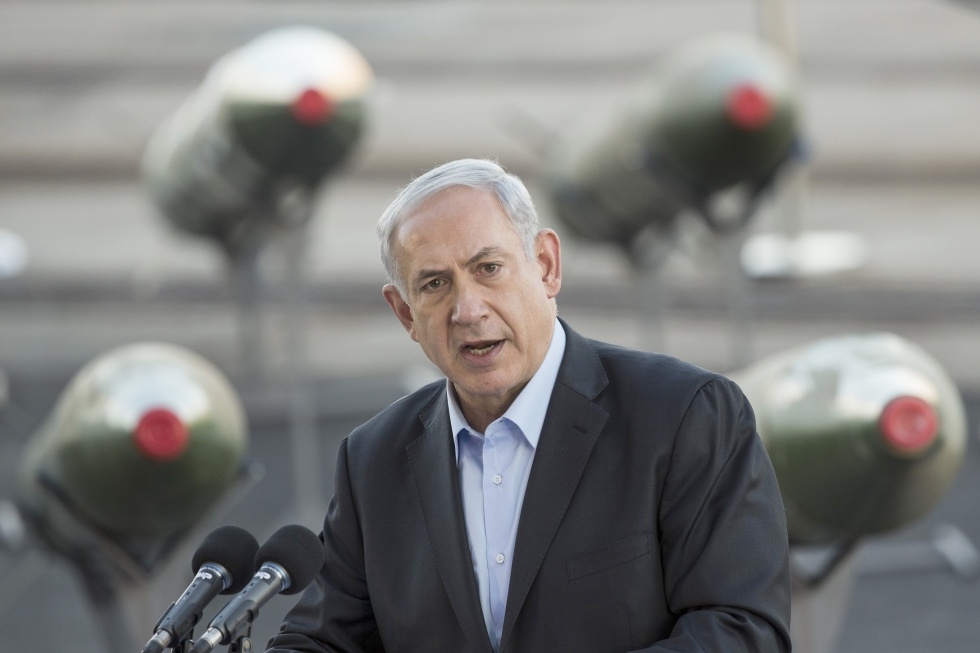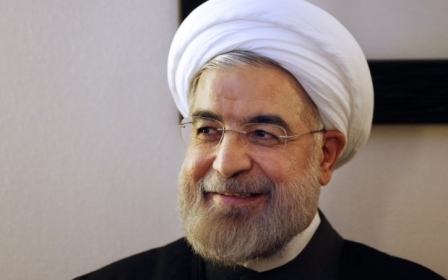Netanyahu warns US not to work with Iran on Iraq crisis

Israeli Prime Minister Benjamin Netanyahu on Sunday warned close ally the United States against working with arch-foe Iran in the effort to pull Iraq back from the brink.
Israel has consistently voiced fears that a swift militant offensive led by the Islamic State of Iraq and the Levant (ISIL) that has swept up swaths of Iraq may prompt concessions to Tehran from Washington.
The United States and Iran now find themselves sharing a common interest in helping Iraqi Prime Minister Nuri al-Maliki fend off the onslaught, and the two sides held rare, brief talks last week in Vienna on the sidelines of international consultations on Tehran's nuclear program.
"What you're seeing in the Middle East today in Iraq and in Syria is the stark hatred between radical Shiites - in this case led by Iran - and radical Sunnis led by Al-Qaeda and ISIS and others," Netanyahu told NBC's "Meet the Press", referring to ISIL.
"Now both of these camps are enemies of the United States, and when your enemies are fighting each other, don't strengthen either one - weaken both," said Netanyahu, who was in Israel.
"And I think by far the worst outcome that could come out of this is that one of these factions, Iran, would come out with nuclear weapon capability. That would be a tragic mistake - it would make everything else pale in comparison."
Netanyahu added: "I think that there are two actions you have to take: one is to take the actions that you deem necessary to counter this ISIS takeover of Iraq, and the second is not to allow Iran to dominate Iraq the way it dominated Lebanon and Syria.
"You actually have to work on both sides - as I say, you try to weaken both."
New MEE newsletter: Jerusalem Dispatch
Sign up to get the latest insights and analysis on Israel-Palestine, alongside Turkey Unpacked and other MEE newsletters
Middle East Eye delivers independent and unrivalled coverage and analysis of the Middle East, North Africa and beyond. To learn more about republishing this content and the associated fees, please fill out this form. More about MEE can be found here.




